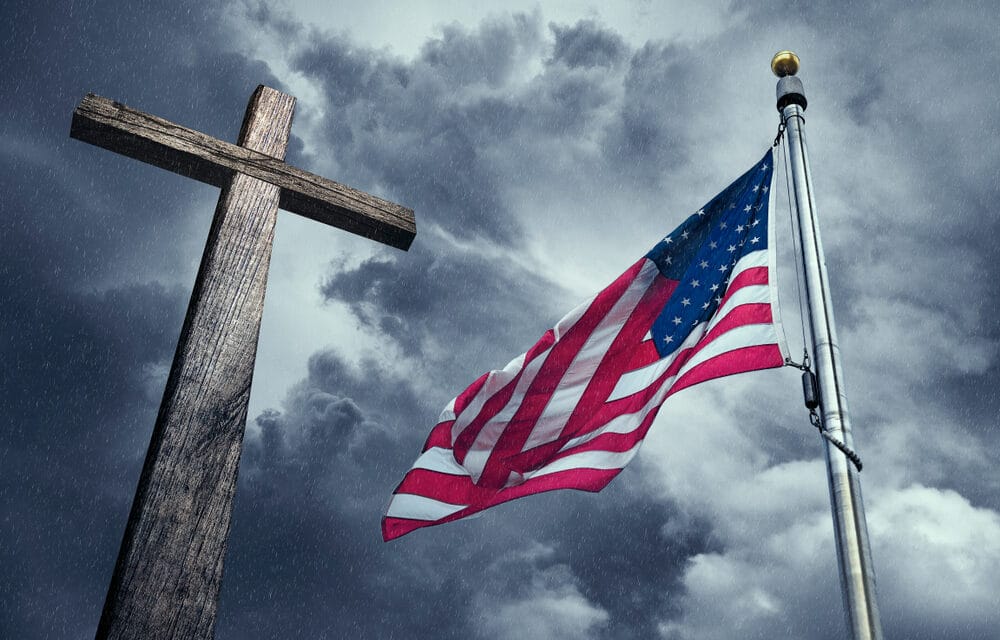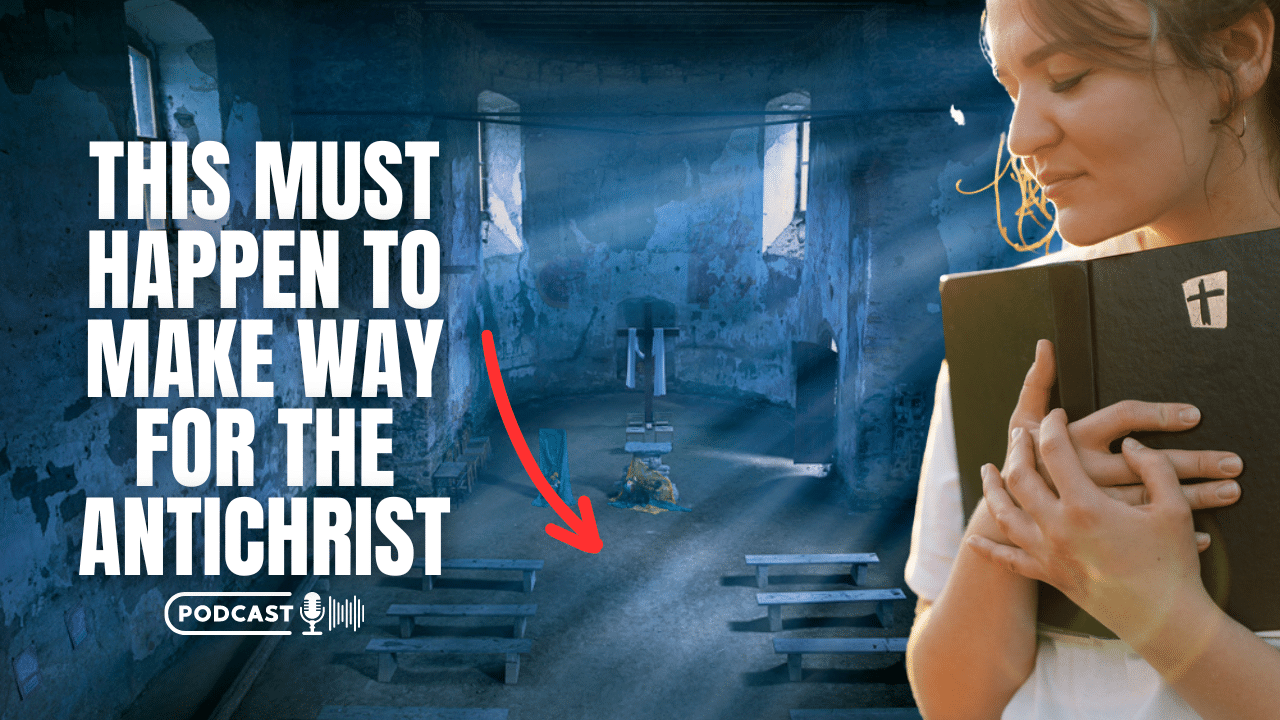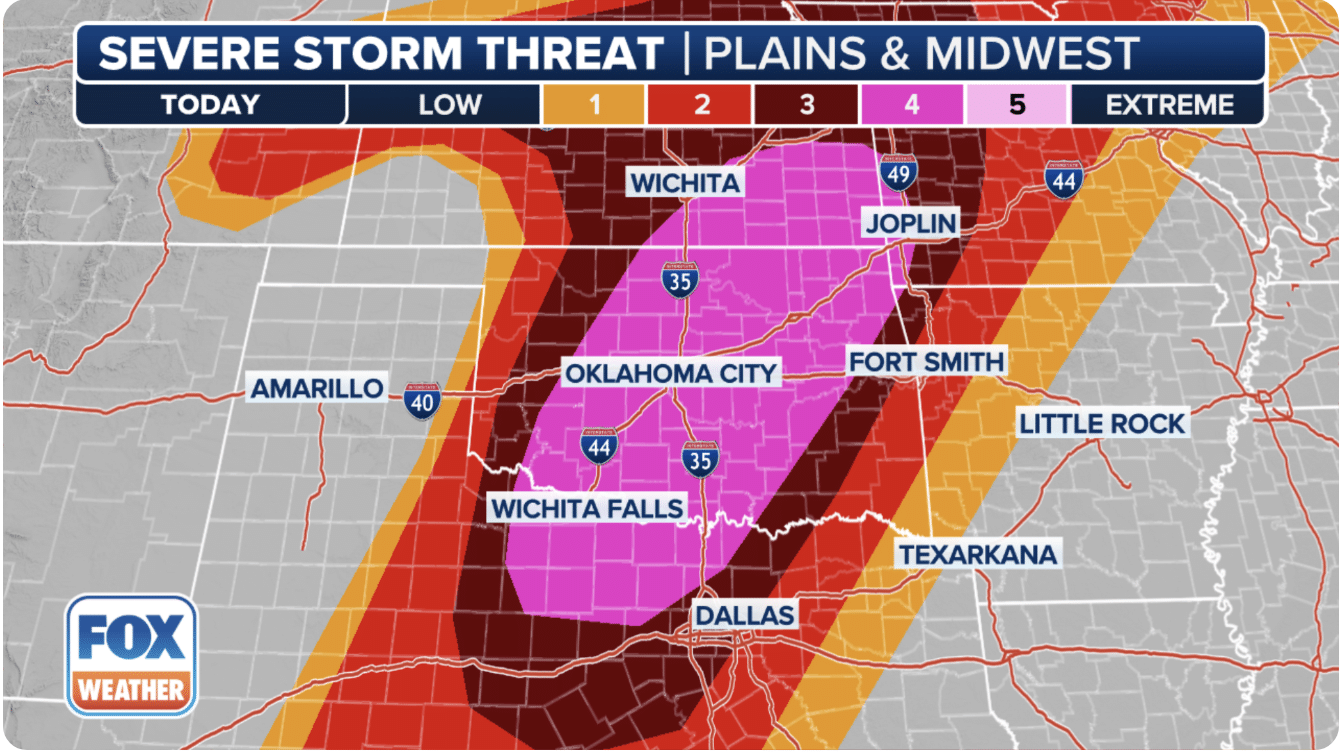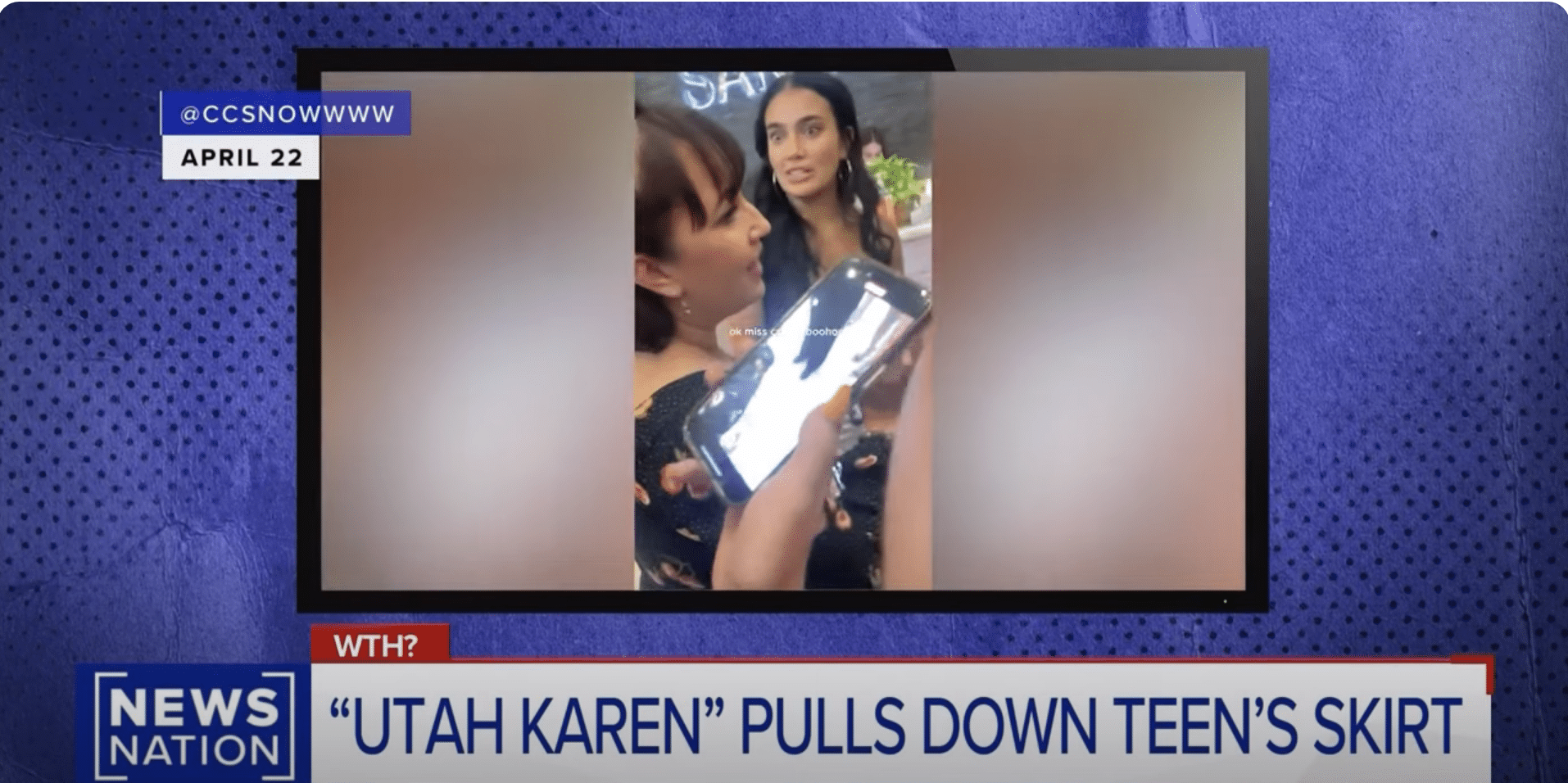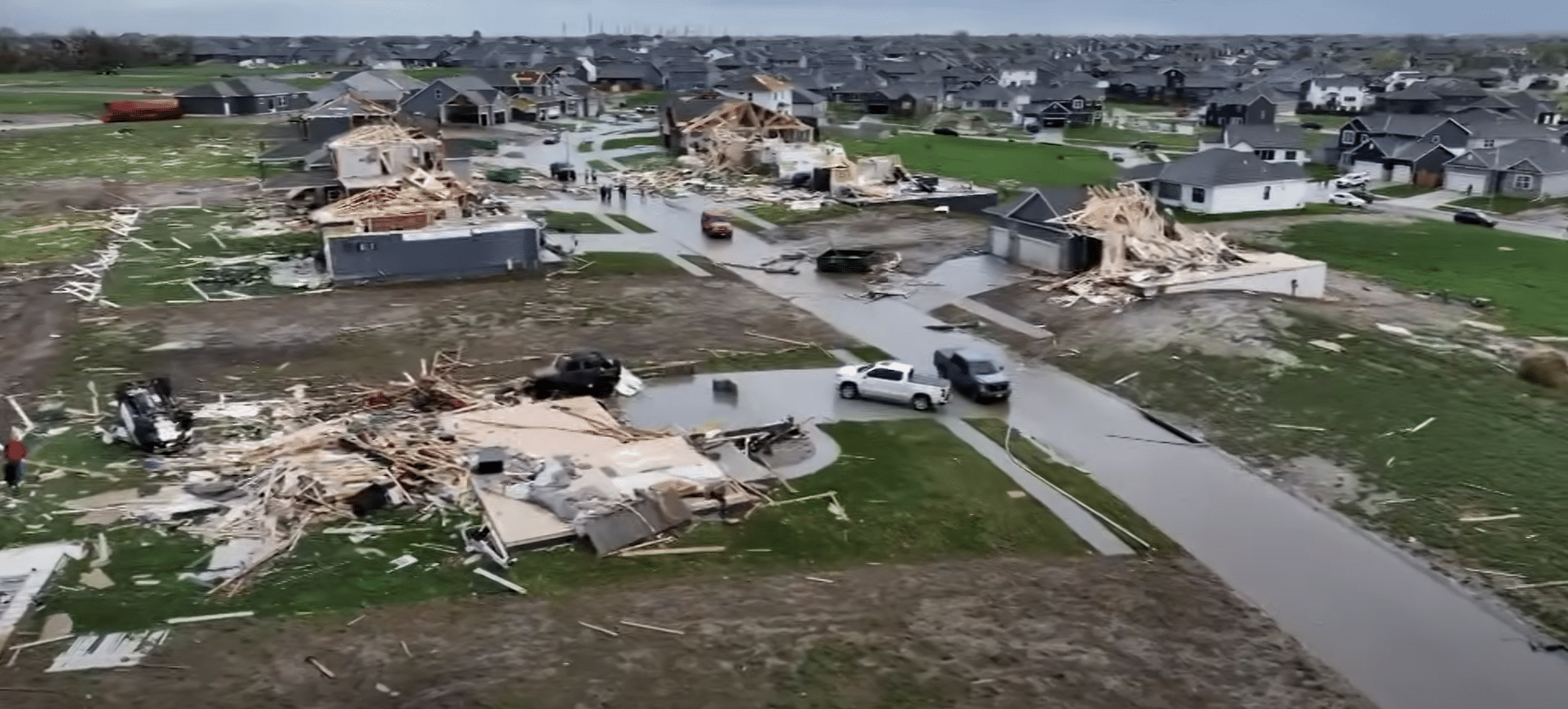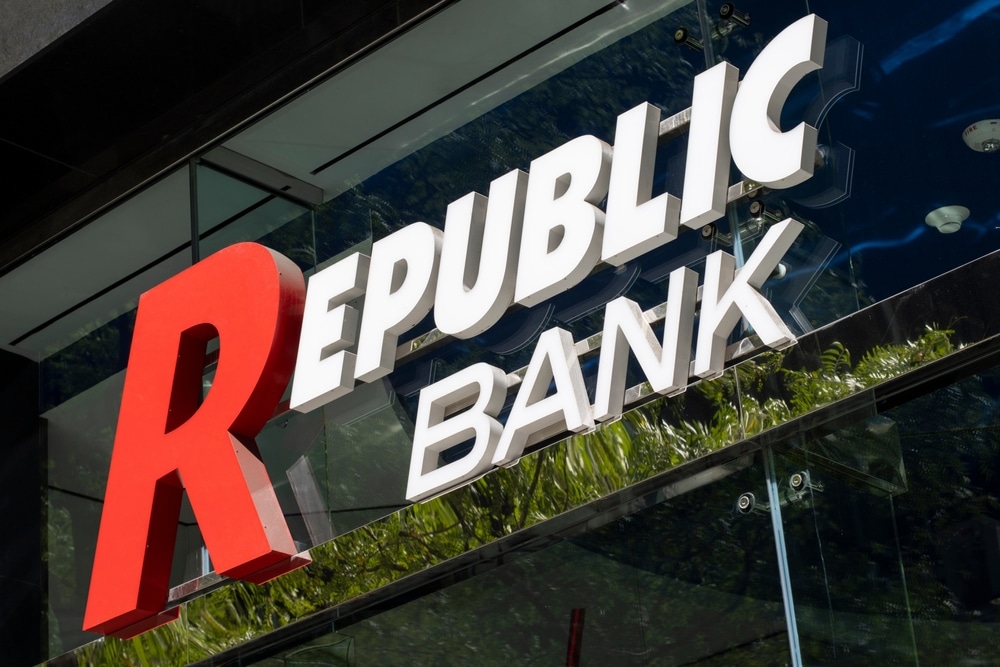(OPINION) The victory party took on the feel of an evangelical worship service after Doug Mastriano won Pennsylvania’s Republican gubernatorial primary this month. As a Christian singer led the crowd in song, some raised their arms toward the heavens in praise.
Mastriano opened his remarks by evoking Scripture: “God uses the foolish to confound the wise.” He claimed Pennsylvanians’ freedom would be “snatched away” if his Democratic opponent wins in November, and cast the election in starkly religious terms with another biblical reference: “Let’s choose this day to serve the Lord.”
Mastriano, a state senator, and retired Army colonel, has not only made faith central to his personal story but has woven conservative Christian beliefs and symbols into the campaign — becoming the most prominent example this election cycle of what some observers call a surge of Christian nationalism among Republican candidates.
Mastriano — who has ignored repeated requests for comment from The Associated Press, including through his campaign last week — has rejected the “Christian nationalist” label in the past. In fact, few if any prominent candidates use the label. Some say it’s a pejorative and insist everyone has a right to draw on their faith and values to try to influence public policy.
But scholars generally define Christian nationalism as going beyond policy debates and championing a fusion of American and Christian values, symbols and identity.
Christian nationalism, they say, is often accompanied by a belief that God has destined America, like the biblical Israel, for a special role in history, and that it will receive divine blessing or judgment depending on its obedience.
That often overlaps with the conservative Christian political agenda, including opposition to abortion, same-sex marriage and transgender rights. Researchers say Christian nationalism is often also associated with mistrust of immigrants and Muslims. Many Christian nationalists see former President Donald Trump as a champion despite his crude sexual boasts and lack of public piety. Meanwhile a piece from Time Magazine stated the following:
“There’s a reason we always hear calls for Christian nationalism rather than for common-sense gun legislation from the right. As we have shown in our research, guns are practically an element of worship in the church of white Christian nationalism. Gun rights thus must be defended at all costs”.
Along with “thoughts and prayers”—a response so hollow it has become a meme for contempt — Christian nationalist calls like Greene’s are often accompanied by warnings not to “politicize the deaths,” as worship leader and MAGA advocate Sean Feucht put it in his own tweet:
“We need to call on God. We need him back in schools. We need him to heal our country. He is our only hope.” Evangelical Christian and Lieutenant Gov. of Texas Dan Patrick went on the Tucker Carlson show hours after the massacre to say “We gotta unify in prayer. We have to unify in faith…
This was a country founded on faith, Tucker. And that’s why together we have to come together as a people. Don’t politicize it. Don’t point fingers.” It’s a Christian nationalist mantra because political action after a mass shooting might well imperil unlimited access to guns. My colleague and I conducted a representative survey of over 1,600 Americans in February 2020.
We found that among white Americans who strongly agreed that “The federal government should declare the United States a Christian nation,” over two-thirds rejected the idea that “The federal government should enact stricter gun laws.” Those laws had the support of over 55% of Americans in general.
Why is Christian nationalism opposed to stricter gun laws? Religions generally regard sacred objects as untouchable. And within the religion of white Christian nationalism, guns are as much a part of our identity as Christianity. Wednesday morning, Rep. Brian Babin, a Texas Republican, told a Newsmax interviewer “The United States of America has always had guns. It’s our history. We were built on the Judeo-Christian foundation and with guns.”
And because guns are essential to America’s core identity for the right, gun rights are held sacred above every other right. That’s not hyperbole. We conducted another representative survey of over 1,000 Americans in August 2021, giving respondents a list of rights provided in the first ten amendments to the U.S. Constitution – the Bill of Rights. Among whites who said America should be a Christian nation, more than 4 in 10 named the right to keep and bear arms as the most important right. Not freedom of speech. Not even freedom of religion. Gun rights.

